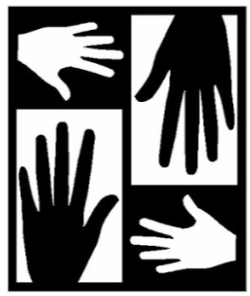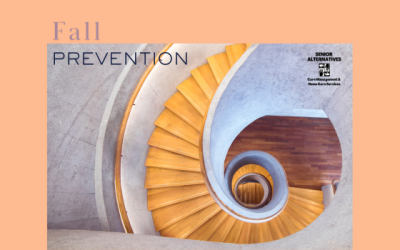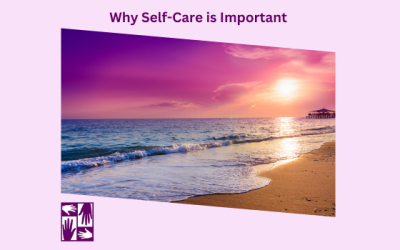November 28, 2018

The most common signs and symptoms of frontotemporal dementia include:
• Poor judgment
• Loss of empathy
• Socially inappropriate behavior
• Lack of inhibition
• Repetitive compulsive and rigid behavior
• Inability to concentrate or plan
• Frequent, abrupt mood changes
• Speech difficulties
• Apathy
Our Care Management team can assist you in getting a diagnosis and training family members and other caregivers to manage symptoms.
Often misdiagnosed as a psychiatric problem or as Alzheimer’s disease, frontotemporal dementia tends to occur at a younger age, generally between 40-45 years.
Related Articles
September is Fall Prevention Awareness Month
As we get older, a simple trip or fall can have serious consequences, impacting our mobility and confidence. The good news is that most falls can be somewhat preventable, read on for more tips…
Funding Options for Older Adults
This guide will walk you through the many ways to pay for senior care and support, it will show how families and elders can supplement care and senior housing.
International Self-Care Day 7/24
The date, 7/24 symbolizes the idea that self-care should be practiced 24 hours a day, 7 days a week. It’s a gentle nudge to make self-care a daily priority, not just a once-a-year activity. Read more on ways to create a self-care plan.





